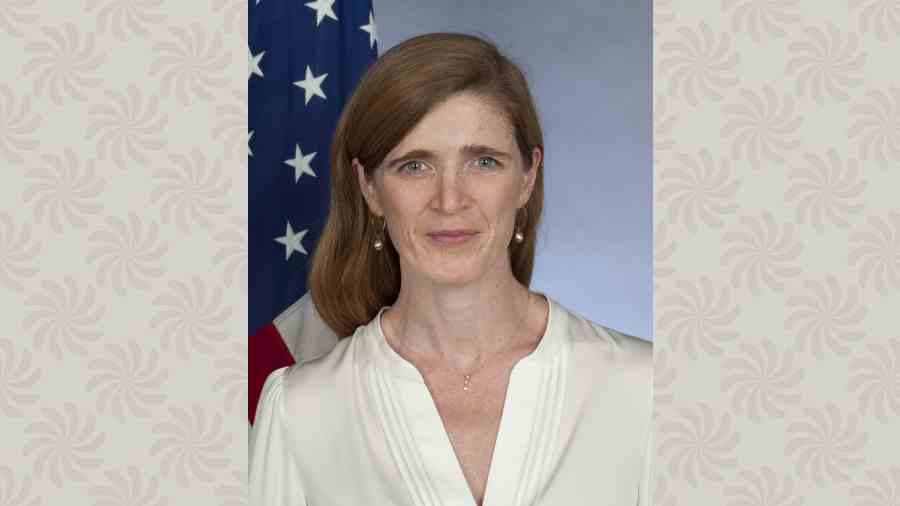Every nation has its own sense of identity. Yet it must stay aware of how it is viewed by the outside world. India’s biggest strength globally has not been its assets, but its values, Samantha Power, the administrator of the United States Agency for International Development, said in New Delhi on Wednesday. In a speech that was diplomatically worded yet brimming with subtle messages, Ms Power referred to India’s multi-ethnic and multi-party democracy, its traditional support for free speech, and tolerance for dissent and diversity as the pillars that have made the country a resilient force. At a time when New Delhi’s global ambitions often result in bold promises it cannot keep — such as on the export of food and vaccines — Ms Power’s comments serve as an important reminder of what the world most respects about India. Indeed, India is today among the world’s big economies and is using its resources to increase its aid to other countries in need. But there too, as Ms Power pointed out, what makes India’s assistance special is that it comes with fewer strings attached than is often the case with foreign aid. She contrasted India’s soft loans worth $3.5 billion to Sri Lanka amid the island nation’s economic crisis with China’s high-interest, debt-creating lending patterns.
However, to read Ms Power’s reflections on India as unadulterated praise would be a mistake. The former ambassador to the United Nations wove into her speech concerns over India’s direction. While the government of Prime Minister Narendra Modi likes to insist that India’s achievements are largely a product of the past eight years, Ms Power described Jawaharlal Nehru, the country’s first prime minister, as the architect of its globalist mindset. She cited fellowships offered to students from developing countries under Nehru as examples of a much poorer India’s developmental assistance programme. Ms Power warned of forces that seek to divide people on the lines of ethnicity and religion both in India and in the United States of America. She identified the defence of pluralism, democracy and individual rights as central to the future of the world’s two largest democracies. While referencing Nehru and M.K. Gandhi, she did not mention Mr Modi even once. This was no oversight. Instead, it was a nudge to India to clear the shadow hovering over its commitment to its historical values. But a friend can only hold up a mirror. It is New Delhi that needs to look within.










